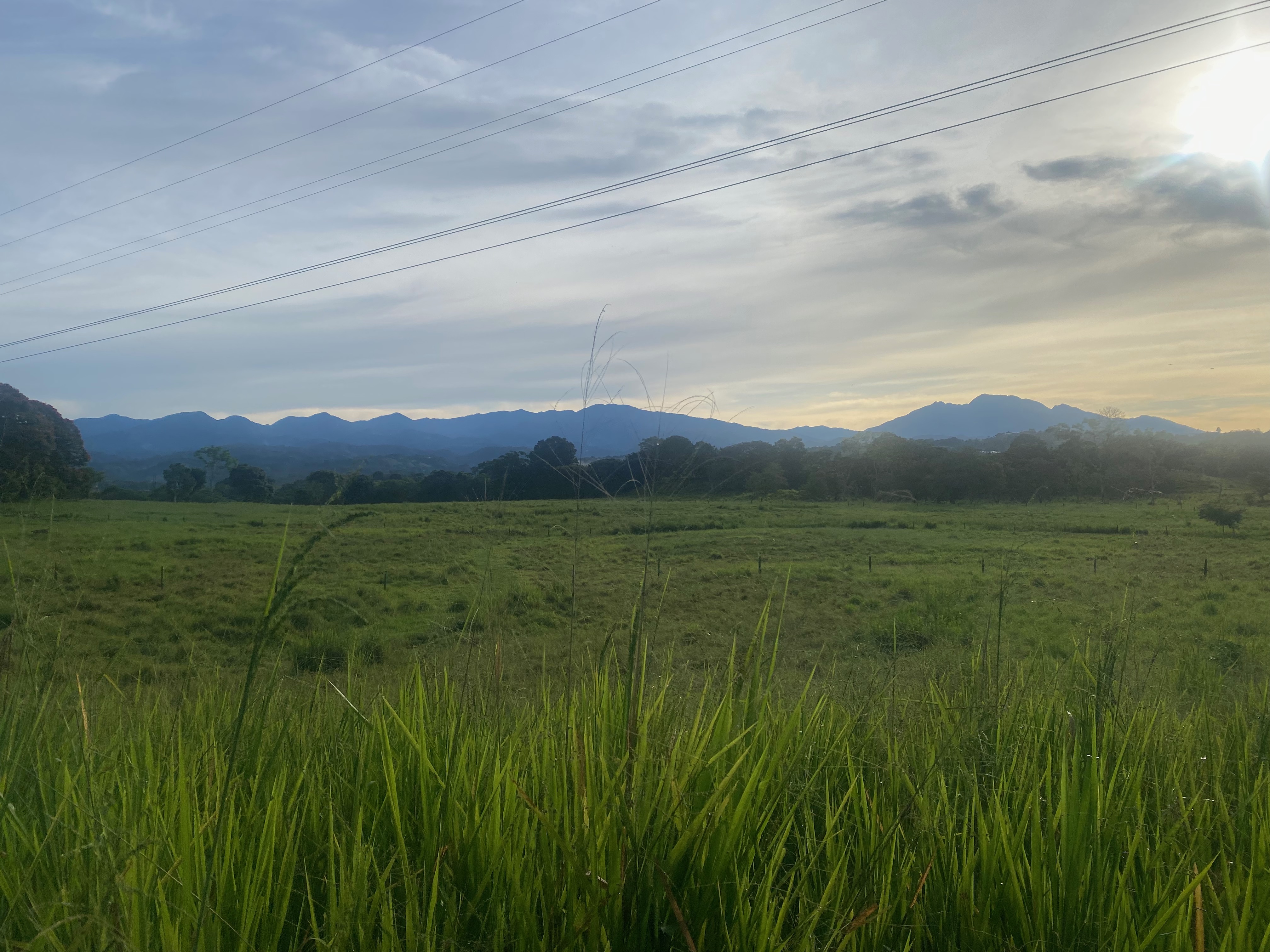

I’ve been hesitant to write about this, just don’t know how it’ll come out or if it’s the right timing. I think, for a lot of things here, timing is important but also life goes on. So, I might as well document how I’m doing now.
My identity is an on-going journey. My values, for the most part, have remained steady since I was a kid. My family taught me to respect others, be open to learning new perspectives, and a big one was always “if you don’t have anything nice to say, don’t say anything at all.”
I’ve never questioned my up-brining or my family. My family is my family. I don’t like to explain myself, but the majority of times I end up giving my spiel: “my parents had two biological kids, took a ten year break then adopted my sister, Ashley, and then four years later adopted me. Ashley and I are not blood-related.” Growing up, I never thought about my physical appearance. I never considered myself a minority. As I got into college, I started to become more aware of the different layers to my identity. I realized that people may have preconceived assumptions or stereotypes about me just based on how I look. This has never sat well with me.
I want to acknowledge my own conscious and unconscious biases. I didn’t know what DEI was until last summer during my internship. A supervisor asked me if I wanted to join a DEI lunch meeting and I said “what does DEI mean?” My friend and fellow intern, under her breath, said “diversity, equity and inclusion.” I felt a little mortified that I didn’t know but also mis-judged. When people mention diversity around me, I feel I don’t bring what people expect me to bring to conversations and therefore do not belong. I do not come from an Asian culture, far from it.
I also want to acknowledge how valuable diversity is. We all come from different walks of life. It’s so important to learn new perspectives and challenge our own views. I’m learning to be patient with myself and how I want to navigate these challenges.
I had a very privileged upbringing, in an affluent town and with many resources. I didn’t grow up with a lot of diversity in my schools. And to me, I’ve never enjoyed distinguishing people based off their race. Stereotypes are hard for me, because I find myself falling into the traps of the biases I have for others. I do remember one time in elementary school a kid said “she’s good at math because she’s Asian.” This was definitely a hit to my gut; how could someone dismiss all my hard work to learning a subject just because of my race. A lot of my experiences so far in Panamá have made me realize how important it is to get to know someone for who they are and not who I presume them to be.
Before I applied to the Peace Corps, I was warned that being a woman of color may have its own challenges. I had to think about this for a while. I want people to get to know me, Mikayla, for who I am and not what I look like.
In training, I was not prepared to respond to people’s direct comments of “¿de China? Tú eres china.” I usually ended up getting defensive and would tell people I, my parents and grandparents were born in the US. They gave me puzzled looks. I didn’t want to explain myself every time I met someone. I also didn’t like that they were right in a way - just because I’m Asian does not mean I’m from China. I’ve also experienced people stretching their eyes at me which is very uncomfortable and “othering.” I had never experienced these encounters before.
While I want to acknowledge the cultural differences between the US and Panama, I also want to validate my feelings. Many people have told me that it’s mostly ignorance that people don’t know how diverse the US is. I may not “fit” people’s expectations of what a US American looks like.
The small stores are called “chinos” because they are owned and operated by Asians. I don’t know why. A Peace Corps staff member told me that before the canal was constructed many Chinese immigrants came to Panama to work on the railroads. They ended up buying land and starting businesses. I asked if “chino” has a negative connotation and people have told me no. Nonetheless, I keep my guard up. Whenever I hear “china,” I get insecure that people are talking about me. Being direct is part of the culture here. They will call people based off their physical features and their races.
This has become a big culture shock for me. I’m not sure if I’ll ever adapt to it. I never thought I would have to educate people on my experiences and especially not my identity. Before I got to my community, I told myself that I wanted to be the truest version of myself, ensuring that I felt safe and comfortable sharing parts of my layers. Many people have asked me if I’m from China or if my parents are Chinese. I tell them I was adopted at 6 months old and I’ve lived my whole life in the US. For the most part, people understand and are receptive towards my answer. Although, I have also experienced people making fun of me for being Asian, assuming I work in a local store, or speak three languages. It's frustrating and exhausting so I do my best to protect my peace in these conversations.
I definitely haven’t figured “it” out. And by “it” I mean sharing my story and finding the in betweens of where I fit into Panamanian culture. I don’t know where it will lead but I’m hopeful to meet people whom I can be myself with.